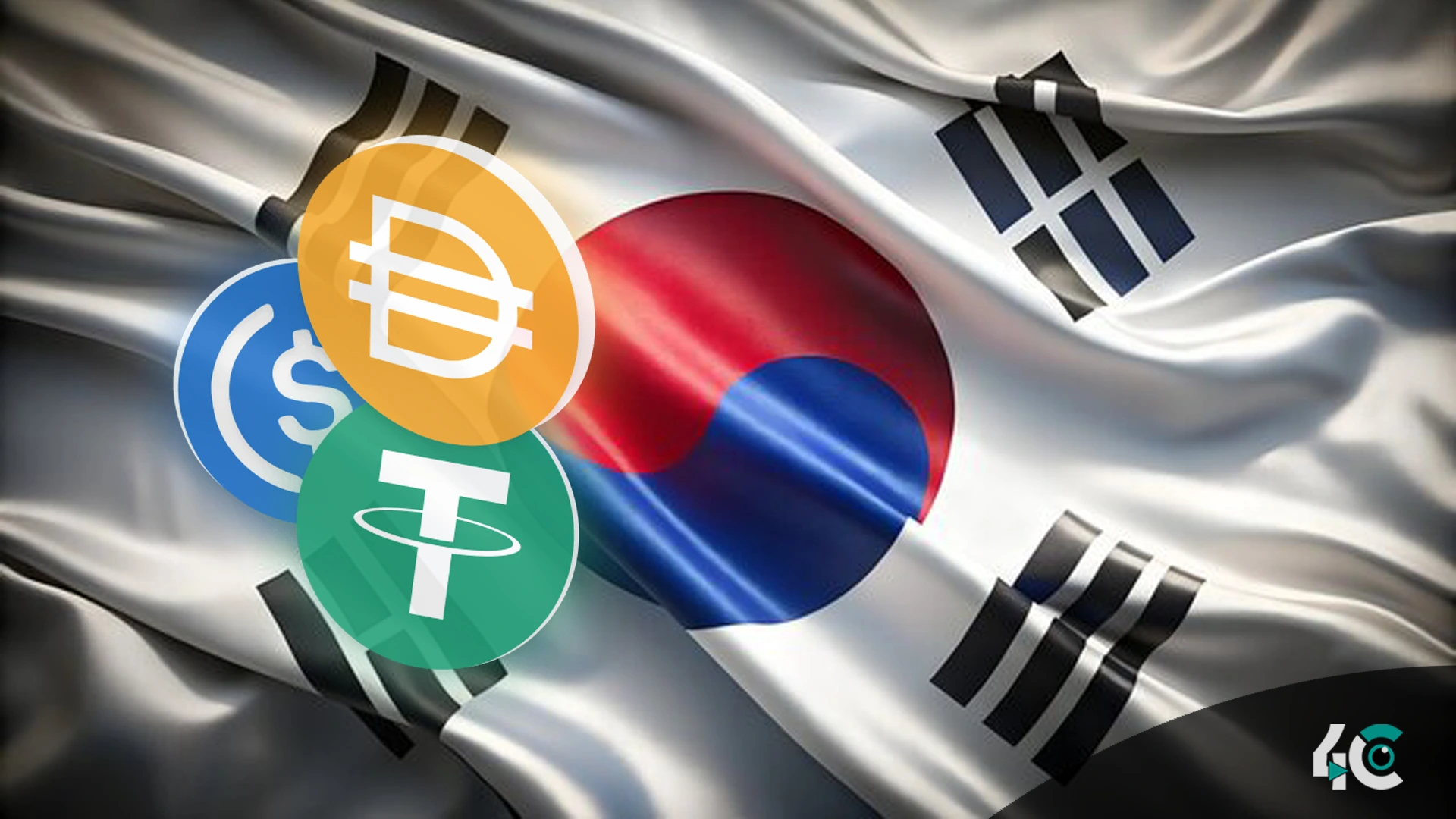Foreign exchange rules will be applied to cross-border stablecoin deals by South Korea’s government, especially those that are tied to the US dollar. The move comes as stablecoins become more popular in foreign trade outside of the cryptocurrency environment. This has led the government to look into new ways to make sure that these transactions are safe.
The Ministry of Economy and Finance said it is looking at different ways to control stablecoins that are used for international payments. The ministry thinks that following foreign exchange rules could help protect financial stability and stop possible risks because they play a bigger part in making cross-border payments.
South Korea’s top financial body, the Financial Services Commission (FSS), plans to talk with countries like Japan and the European Union about how to make rules that work. The Financial Services Commission (FSS), which is South Korea’s top financial regulator, hopes that these talks, which don’t have a set end date, will help the country come up with a complete set of rules for safe coins.
The first step in the regulatory strategy is to make sure that stablecoins tied to the South Korean won are allowed. Once this system is set up, we will apply the same rules to stablecoins that are tied to foreign currencies. This will make sure that there is a single plan for all activities, whether they happen in the United States or another country.
To protect its crypto users, South Korea has been tightening its rules. In July, its Virtual Asset Protection Act went into effect. Virtual asset service providers (VASPs) have to follow tighter rules now that this law is in place. They have to get protection against hacks and keep customer assets separate from exchange tokens. As part of the law, banks must hold customer funds and platforms must check their token entries regularly to make sure they are legal.
The South Korean government has also made it clear that people who break these rules will face harsh punishments, such as jail time and large fines. This crackdown is part of a larger effort to make sure the crypto industry works in a safe and open way, which will protect users even more in the country.
As stablecoins become more important in both domestic and foreign financial markets, South Korea’s efforts to control them show that the country is more determined than ever to keep an eye on this quickly changing area.



































